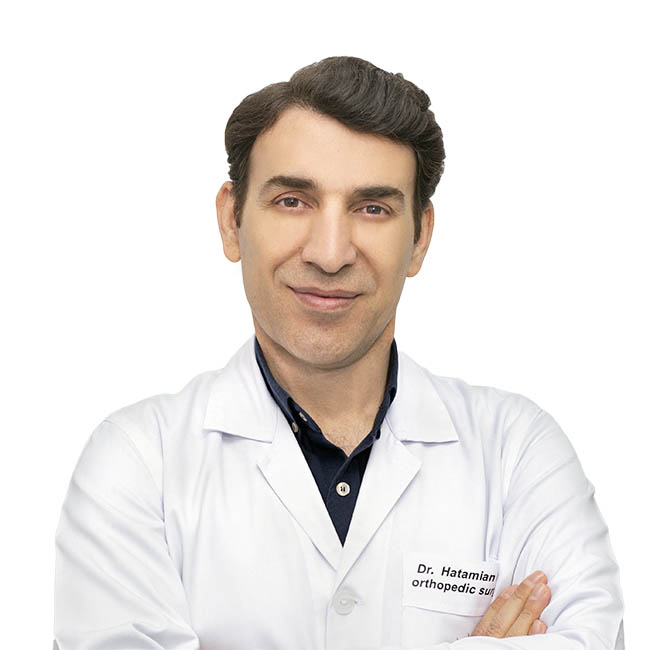Gastric Reflux
What is gastric reflux?
Gastroesophageal reflux disease is a digestive disorder that affects the muscular ring between the esophagus and the stomach. This ring is actually also called the lower esophageal sphincter (LES). People who suffer from this disorder have heartburn and feel acid indigestion. According to doctors, some people may suffer from this condition due to a condition called hiatal hernia. In most cases, you can reduce your GERD symptoms through diet and lifestyle changes.
But sometimes some people need medicine or surgery. Gastroesophageal reflux occurs because the valve at the end of the esophagus, called the lower esophageal sphincter, does not close properly after food enters the stomach. Then the reverse acid will flow through the esophagus to your throat and mouth and you will feel a sour taste in your throat.
Symptoms of gastric reflux
Some common symptoms among people with gastric reflux:
to sour It means the feeling of returning bitter or sour liquid from the stomach to the mouth
Burning sensation in the chest (heartburn). usually after eating; It may be worse at night
Chest pain
Difficulty swallowing
Feeling of a lump in the throat
Some patients with reflux may have other symptoms. These signs are:
Pain under the sternum
food jam
Nausea or vomiting (especially in the morning)
Wind in the throat and frequent belching
Excessive accumulation of saliva in the mouth and frequent coughing without cause
Bitterness of the mouth and return of water and food from the stomach to the mouth
Bad Breath
Respiratory problems
Baby and child drooling
Do you have other symptoms?
Sometimes the symptoms of gastric reflux are similar to other problems. For this reason, it becomes difficult to determine if you are really sour or if you have another problem. If you have other symptoms, fill out this stomach reflux questionnaire and find out about your stomach condition.
Types of gastric reflux
There are different types of reflux that we mention below:
1. Classic reflux
In classic reflux, the contents of the stomach do not go to the pharynx and only return to the esophagus. One of the classic symptoms of reflux is heartburn
2. Laryngeal-pharyngeal reflux
Laryngopharyngeal reflux (LPR), also known as latent reflux or silent reflux, is similar to latent reflux in infants. Only with the difference that the baby does not have the ability to remove the contents of the stomach from the mouth and puts it back into the stomach. The reason why it is called silent reflux is that this type of gastric reflux is without burning and as a result it will be difficult to diagnose.
3. Reflux laryngine
People who suffer from gastric reflux for a long time suffer from this disease and their stomach acid enters the pharynx and throat. In fact, this type of reflux laryngine is one of the complications of pharyngeal-laryngeal reflux, which returns stomach acid to the pharynx and larynx.
How does gastric reflux happen?
The food we eat enters the stomach through the esophagus. Digestion of food in the stomach begins with gastric acid and juice. Due to the proper coating, the stomach wall is resistant to continuous contact with gastric acid and juice and their destructive effects. On the contrary, the wall of the esophagus does not have a proper defense against these factors because it does not have a proper coating. Normally, there is a valve called the esophageal valve between the esophagus and the stomach that allows food to enter the stomach from the esophagus. But it prevents food and stomach juice from returning to the esophagus.
If the esophageal valve doesn't do its job properly, i.e. it doesn't close well or opens prematurely, stomach acid and juice back up into the esophagus. As mentioned earlier, the esophagus wall is vulnerable to stomach acid and juice. Therefore, in situations where the esophageal valve does not work properly; The return of stomach acid and juice into the esophagus causes irritation of the esophagus.
Gastric reflux can be very annoying and you should consult a doctor to get rid of it.
What causes gastric reflux?
The exact cause of reflux is not yet known. But we know very well that some factors cause the occurrence and exacerbation of reflux. Gastric reflux disease or heartburn occurs in different people of all ages, and sometimes for unknown reasons.
Various causes cause this discomfort. The most important reason for the occurrence of this state is the relaxation of some esophageal muscles (lower esophageal sphincter) or the frequent relaxation of these muscles or the weakness of the defense mechanisms at the end of the esophagus. In fact, permanent or unstable changes in the valve at the end of the esophagus to the stomach cause this disease.
Gastric reflux is more common in which people?
People who are overweight or obese. Due to increased pressure on the stomach and the entrance valve of the esophagus to the stomach
pregnant women; Due to increased pressure on the abdomen
taking certain medications; including some asthma medications, calcium channel blockers, antihistamines, sedatives, and antidepressants
smoking.
consumption of special foods; Especially carbonated drinks, coffee and chocolate
Gastric reflux sometimes occurs in children and causes infant colic or colic.


